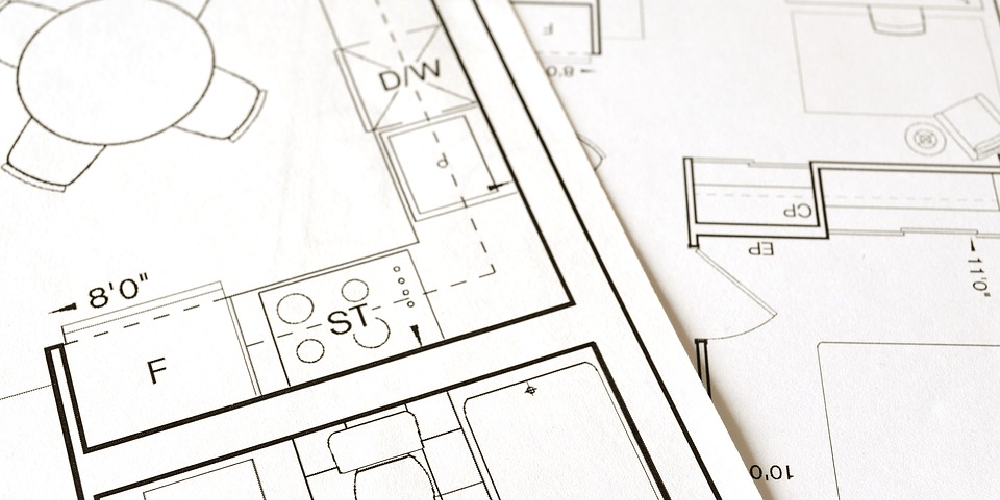5 Methods to Maximize Your House-Flipping Tax Benefits

Any seasoned house-flipper knows there are risks involved in house flipping, but you can try to offset any risk with tax benefits. Some expenses, like maintenance expenses, management fees, and mortgage interest are tax-deductible. Real estate investors are also able to take advantage of tax code opportunities that are favorable to landlords, which allows them to minimize tax liability and maximize tax benefits.
Any investment you own for less than a year and sell for a profit, including stocks, real estate, or a classic car, can be classified as normal income by the IRS, and profits made are taxed at the standard tax rate. The IRS considers you and your house flipping and selling within a year as a short-term capital gain, as you’re buying something to resell for a profit quickly. However, the IRS considers landlords long-term investors and get preferential tax benefits.
Renovo has put together a list of 5 methods to maximize your house flipping tax benefits.
1. Maximize Deductions
When it comes to real estate, there are many and varied tax benefits. Almost all costs are deductible, including expenses from renovation due to labor and materials. While some costs are obvious, there are other things to consider for deductions, such as a home office. For example, if you have a home office, you can deduct the square footage percentage from your rent or mortgage payments, some utility bills, and any office supplies and equipment like phone and internet. If you travel to/from the property or settlements, you can deduct travel and vehicle expenses.
You can also deduct any mortgage interest from a rental construction loan with Renovo, or other lenders.
2. 1031 Exchange
The IRS Section 1031 allows taxpayers to defer paying taxes with a “like-kind exchange.” That means the ability to defer taxes for real estate investors by investing the profits from one house flipping into another.
3. Hold the Property for More Than a Year
As mentioned earlier, if you have the property for less than a year, you’re considered to have received short-term capital gain – even if you’ve had the property for 364 days. By waiting until you’ve passed the year-mark of owning a property, the income is classified as investment income, and is therefore not subject to FICA taxes.
4. Complete the House Flipping While Living There
One of the advantages to doing a house flipping while living there is that it’s cheaper to finance with a homeowner’s mortgage. You’re also able to do any remodeling and renovations at your leisure, and you might be able to avoid paying taxes altogether. The IRS has a high-profit limit on charging capital gains tax on properties that you live in for two out of the last five years, but this might not be sustainable if you’re in the business of flipping houses as quickly as possible.
5. Offset Losses with Profit
Informed real estate investors can reduce the risk of losses if they know which improvements to the house can add the most value and the best way to price the properties after renovation.

